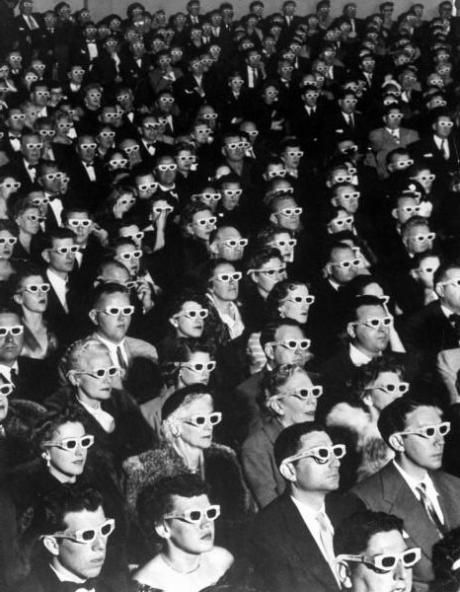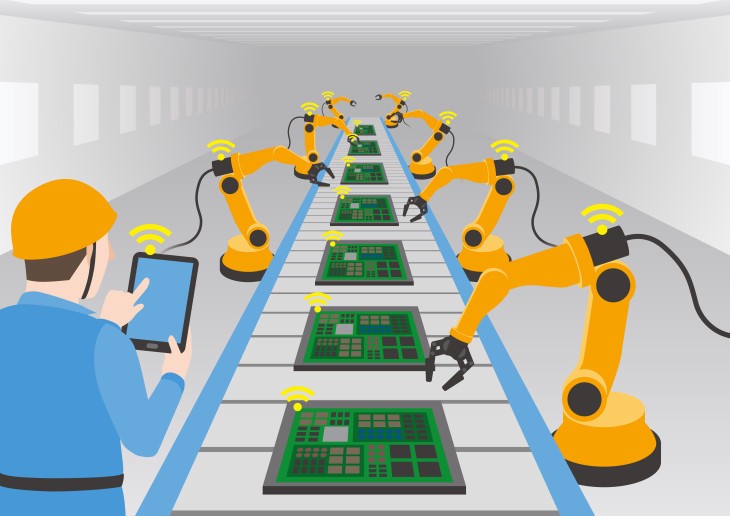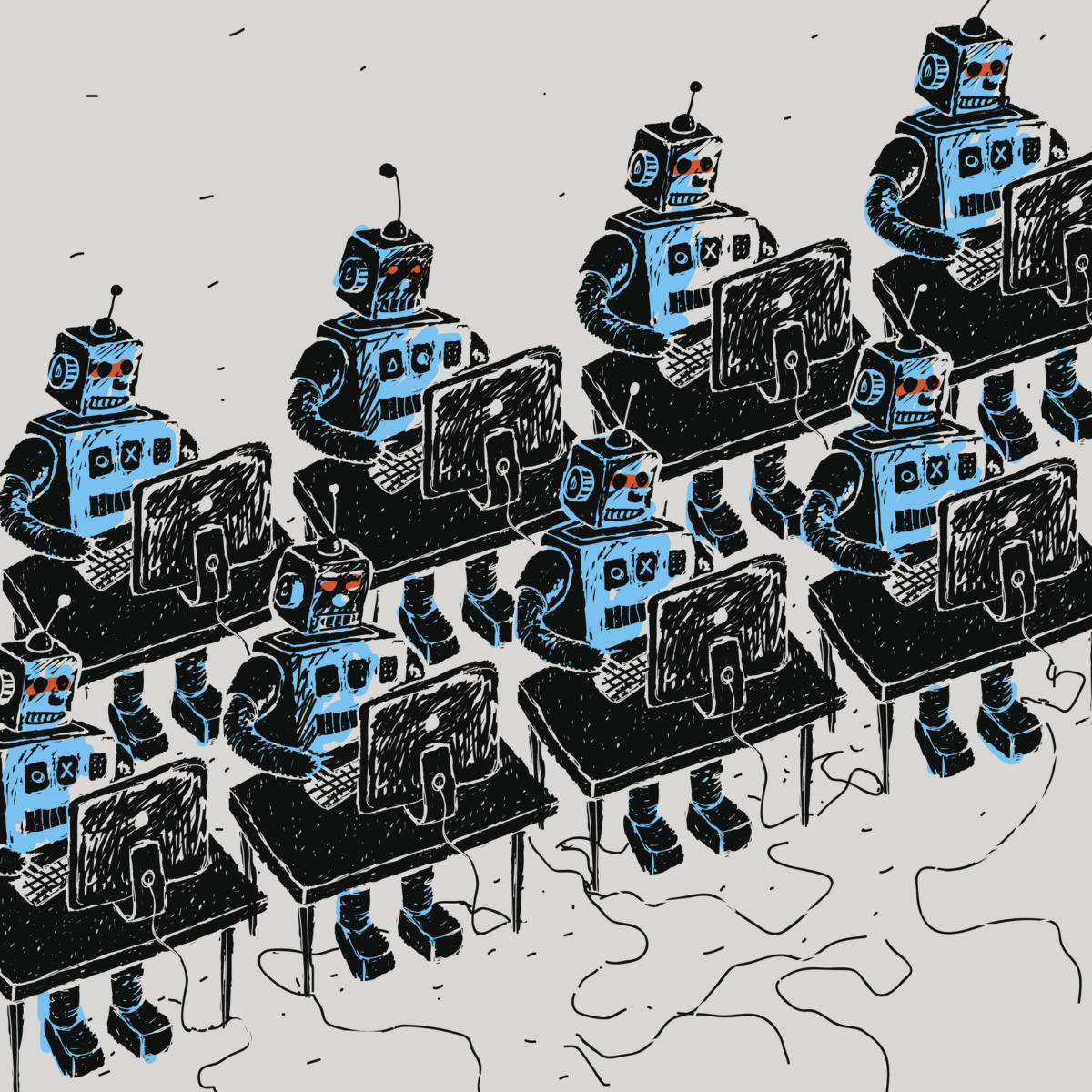
Marx on books: he defined himself "a machine condemned to devour books and then throw them, in a changed form, on the dunghill of history"
He used to say: "books are my slaves & must serve me as I wish". They were not treated as luxury items but as essential tools of learning 1/3
He used to say: "books are my slaves & must serve me as I wish". They were not treated as luxury items but as essential tools of learning 1/3

#Marx would turn down the corners of the pages, make pencil marks in the margin and underline lines. He never wrote on books, but sometimes he added an exclamation mark when the author went too far. His system of underlining made it easy for him to find any passage he needed 2/3 

His library consisted of an impenetrable row of shelves that hid the walls & housed more books than one would have thought possible. The largest section was on economics but there were many classics of politics history & philosophy. Natural sciences were also well represented 3/3 

• • •
Missing some Tweet in this thread? You can try to
force a refresh
















